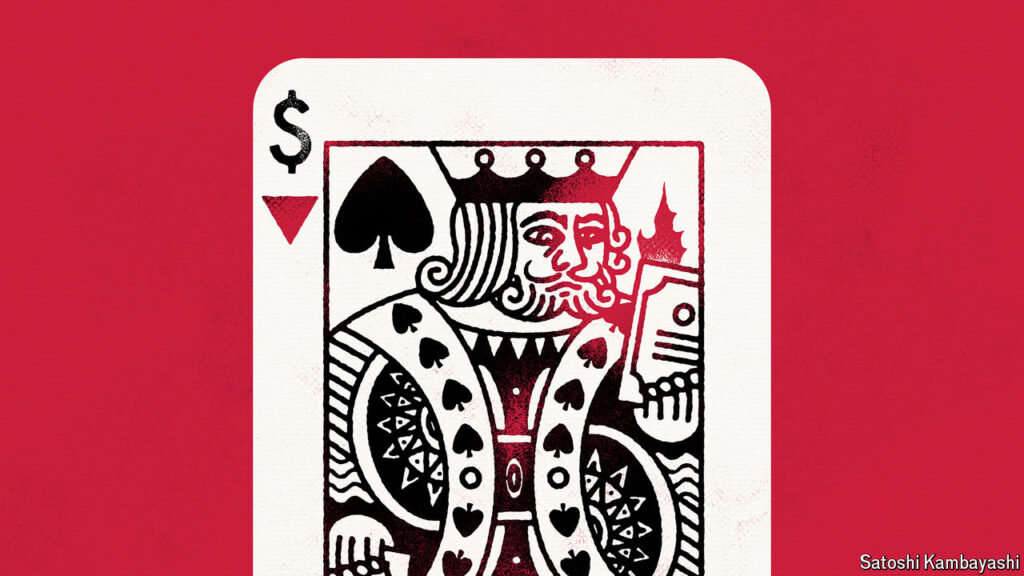Professional poker players are known for their ability to make quick decisions, especially when it comes to folding. In games like Texas Hold’em, where players are dealt two cards and must decide whether to bet on them, pros are quick to fold up to 85% of the time. This may seem surprising to amateur players, who are more likely to continue playing despite the odds. However, for seasoned professionals, folding is often the smarter choice, as they are better at judging when a hand is too likely to lose to be worth betting on.
At a recent conference held by Norges Bank Investment Management, Annie Duke, a former poker pro, shared insights on quitting decisions. With her book “Quit: The Power of Knowing When to Walk Away” as a guide, Duke highlighted the parallels between poker players deciding whether to fold and investors considering when to exit a position. She emphasized that many factors can influence our decision-making process, often leading us to act irrationally.
Despite the stigma surrounding gambling comparisons, there is much to be learned from the strategies and tactics employed by professional poker players. While investors may shy away from equating their work with games of chance, the parallels are hard to ignore. Both poker players and investors must make quick, calculated decisions based on probabilities and risk assessment.
The idea of quitting, whether in poker or investment decisions, is often met with resistance. Our natural inclination is to continue, to push forward in the hopes of turning a losing hand into a winning one. However, as Duke points out, knowing when to walk away is a powerful skill that can save us from unnecessary losses. In both poker and investing, recognizing when to fold or exit a position can be the difference between success and failure.
Professional poker players like Annie Duke rely on their ability to read the situation and make strategic decisions in a split second. They understand that not every hand is worth betting on, and that sometimes the smartest move is to fold and wait for a better opportunity. This level of strategic thinking and patience is what sets pros apart from amateurs in the world of poker.
Investors can benefit from adopting a similar mindset when it comes to managing their portfolios. Knowing when to cut losses and exit a position can save them from potential financial ruin. Just as in poker, sometimes the best move is to fold and wait for a better opportunity to come along.
In conclusion, the parallels between poker and investing are striking. Both require strategic thinking, quick decision-making, and the ability to know when to walk away. Learning from professional poker players like Annie Duke can provide valuable insights for investors looking to improve their decision-making skills. By understanding the power of quitting, we can make smarter, more informed choices that lead to greater success in both poker and investing.



